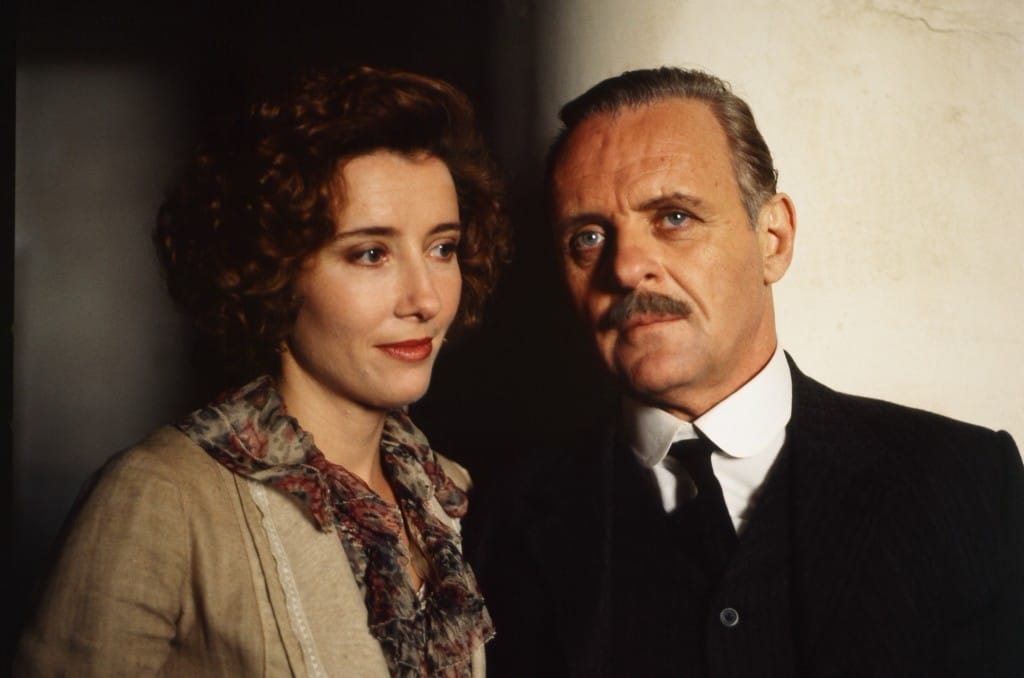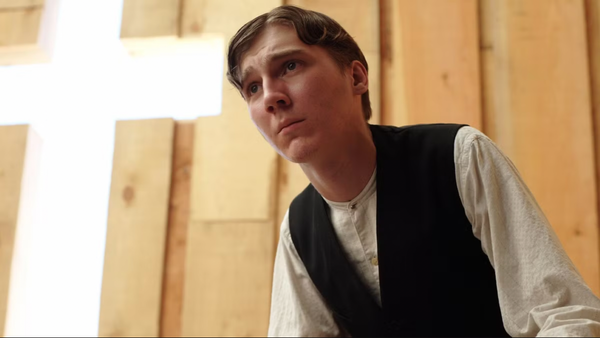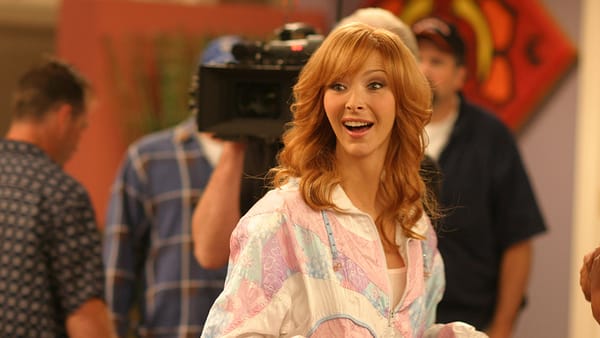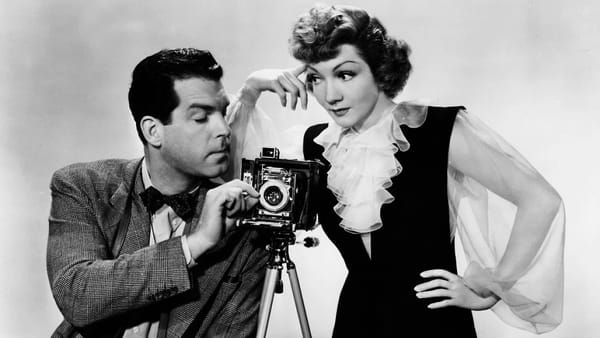Psycho. #45
What gives a good movie the juice?


Besides muting the soundtrack, what can I do when I watch a movie to make myself pay more attention to editing, blocking, scene construction and all the other things that give a good movie the juice?
Even a movie that is not very good on the level of meaning, like Fracture (2003), is a masterpiece of editing, cinematography and Anthony Hopkins-isms.
I would like to better appreciate these things and not get so distracted by the popcorn-factor of narrative.
I don’t know if narrative is all that popcorn, but I see what you mean: stories are what first bring us to books and movies, and it feels like a necessary evolution in anybody’s cinephilia to move beyond mere plot and start to observe technique. I’m trying to think of when I might first have noticed things like editing, blocking, scene construction and the like, as you mention: it may well have been in Howards End (1992), during the crucial confrontation between Margaret (Emma Thompson) and Henry (Anthony Hopkins). Incidentally, I’m reading Middlemarch at the moment and I wonder if E. M. Forster might not have taken something from Eliot in his representation of a young and idealistic woman coming up against an obtuse, unbudging husband. At any rate, in James Ivory’s adaptation of this passage to the screen, we see a series of gambits between the two characters, which are intercut with long blackouts: these make the argument seem especially drawn out, and lend weight to it; it’s important that we see how this cuts right to the heart of a philosophical-moral dilemma. Only connect: that is, famously, the book’s epigraph, and it is what Margaret says to Henry at this point, striving to make him see how he fits into the world; how he rules it, and what his responsibilities might therefore be. “Live in fragments no longer,” she urges her husband: and yet, how pointedly fragmented this scene is, with those ominous cuts to black.



